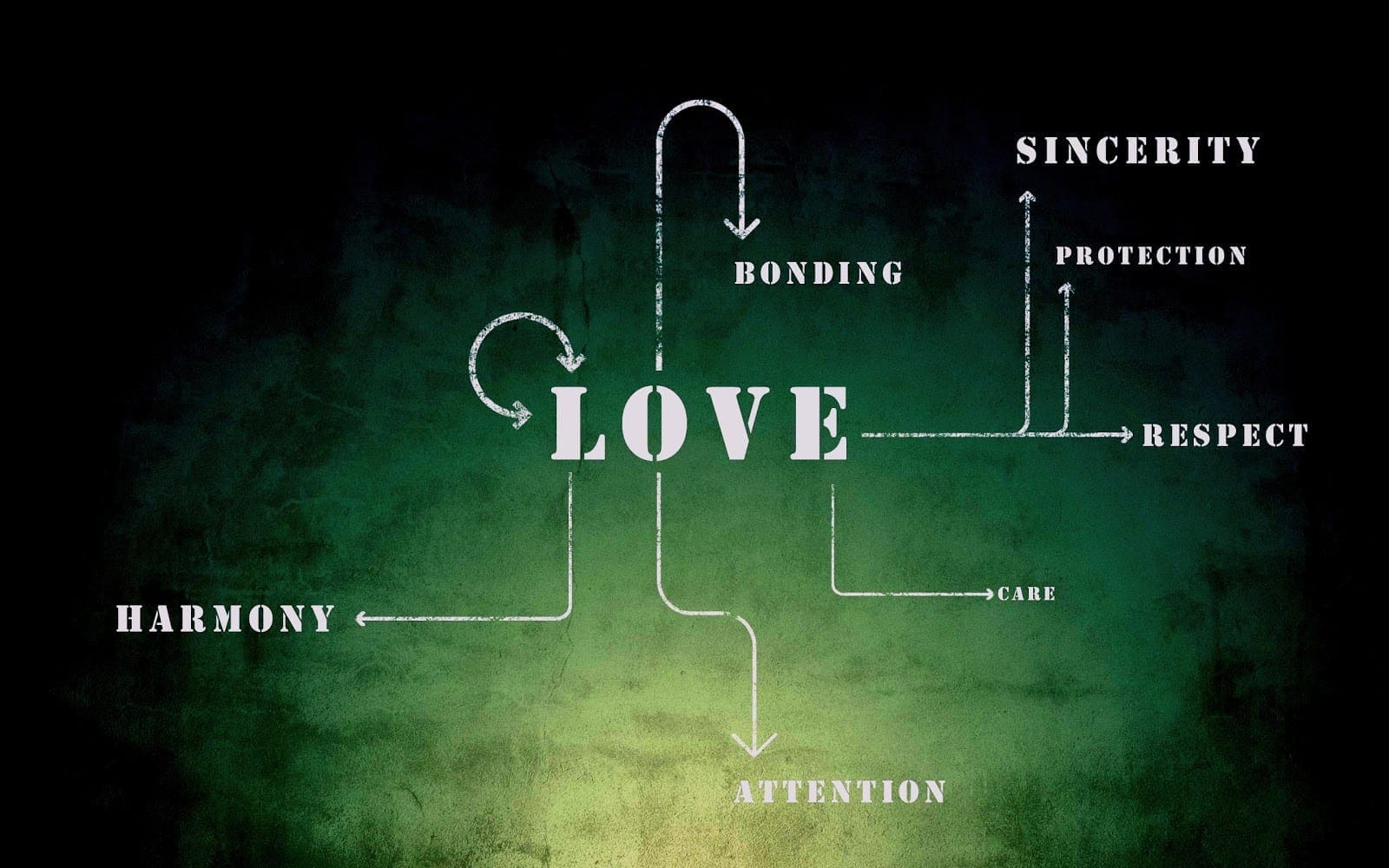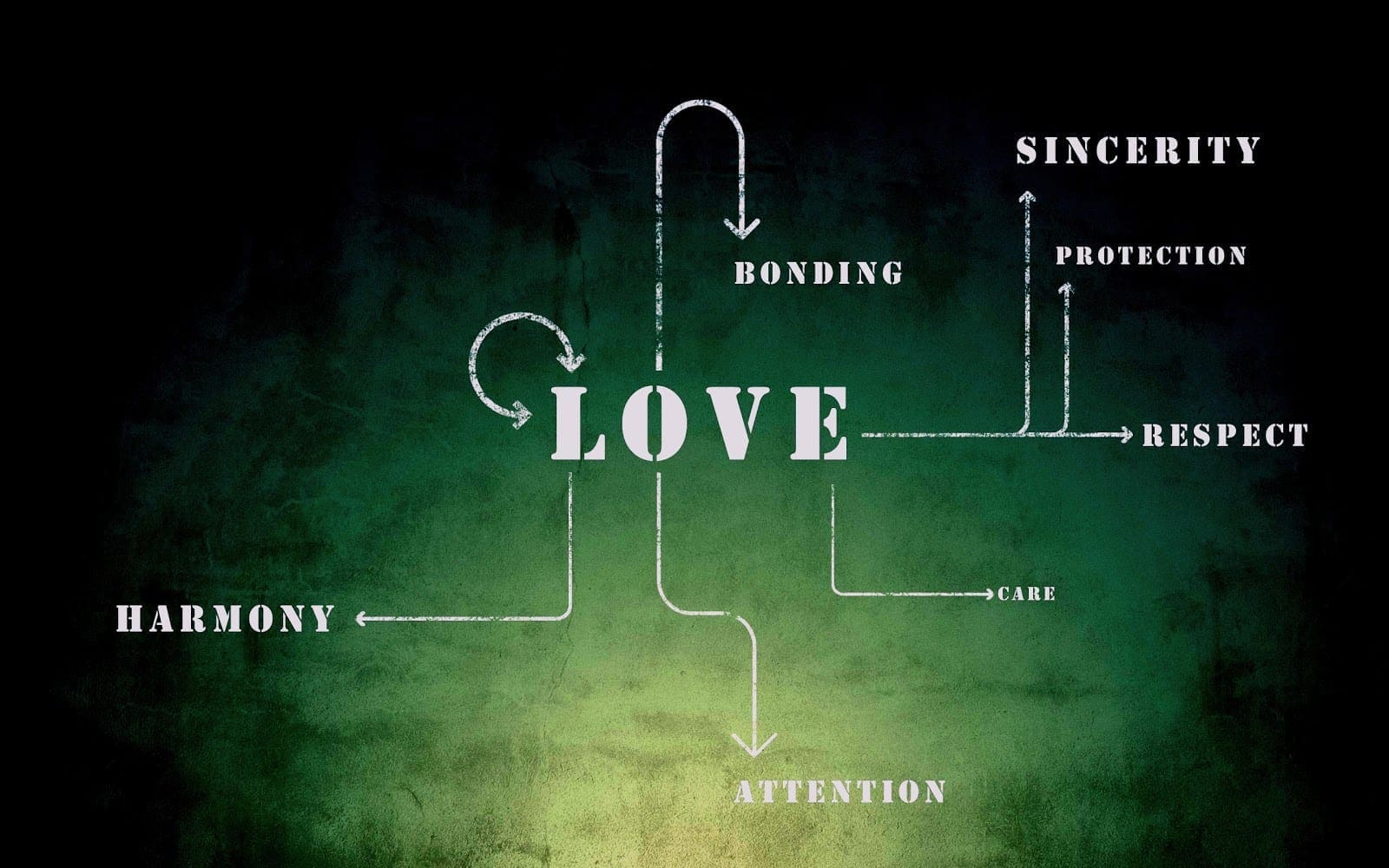
[pullquote_right]?Love looks not with the eyes, but with the mind; and therefore is winged Cupid painted Blind.? – William Shakespeare in? A Mid Summer Night?s Dream[/pullquote_right]
I love you with all my brain! That does not sound romantic by any stretch of the imagination! However, scientists suggest that it might nevertheless be correct. And while over time most of our poets and playwrights have postured that love is a really a matter of the heart, and in essence highly illogical and totally intuitive, it now appears that biochemistry plays a significant role in our forays into that conundrum. Research has revealed that when two people are attracted to each other, an explosion of neurochemicals occurs and the brain, not the heart, takes centre stage.

Helen Fisher of Rutgers University in the United States, one of the foremost specialists in this area, disclosed that love does indeed have a neurological part and goes through three stages ? lust, attraction and attachment.
If we were honest, most of us would admit to more than a grudging acquaintance with lust. This tantalising craving, which has been condemned as one of mankind?s primal vices, is driven by the sex hormones testosterone and oestrogen. And while we generally associate testosterone with the masculine gender, Italian researchers were fascinated to discover that when men fall in love they have lower levels of testosterone than normal, in contrast to women who show higher levels of that hormone than usual.
During the attraction phase of love, which is often characterised by daydreaming, and an attendant loss of appetite and sleep, a group of neurotransmitters kick into action in our brain. These include Phenylethylamine, which speeds up the flow of information to the nerve cells; Dopamine, known to create a good feeling; Norepinephrine that triggers the production of adrenaline and sets the heart racing and hands sweating; and Serotonin which it is speculated can actually send one temporarily insane.
Interestingly enough, in 1999 Italian scientists, who it would seem have a handle on the love game, theorised that love generates chaos with principal brain chemicals. They found that people who fell in love had decreased levels of Serotonin, comparable to sufferers of obsessive-compulsive disorder. They concluded this might be the reason that lovers can sometimes obsess about their partner.
And now for the attachment stage, which speaks of commitment and the propagation of the human species. An important brain chemical, Oxytocin, plays a pivotal role in long-term romance as a sexual arousal hormone that impels women and men to be more tranquil and sensitive to the feeling of others. This chemical can be triggered by a look, word or touch from one?s paramour. It has been nicknamed the cuddling chemical and has a connection with milk production in women and intimate bonding between lovers.
In addition, attachment has been linked to Endorphins, morphine-like opiates that produce feelings of calm and comfort, and drastically reduce anxiety. Researchers maintain that while these chemicals are not as exciting as those released in the attraction phase, they inspire us to form a lasting bond with the person we love, and their absence through the loss of a spouse, causes us to be sad.
Other areas of the brain integrally associated to love include the Septal area, which can be termed a pleasure zone, and the frontal lobe, described as the most highly evolved part of the brain. The frontal lobe is connected to our higher mental functions such as trust, respect and a desire for companionship.
Our love neurologists believe that as we become closer to someone through shared experiences and time spent together our love of them is processed and stored in the brain. Interestingly enough, people who jump from relationship to relationship are said to attraction junkies who are addicted to the chemical rush of falling in love and weary of enduring partnerships. Don Juan might have been of that ilk.
Right now I am not sure if my flushed skin, erratic breathing and sweaty palms are due to an infusion of Endorphins or indicative of a more mundane disorder. Have a loving weekend.

Be the first to comment